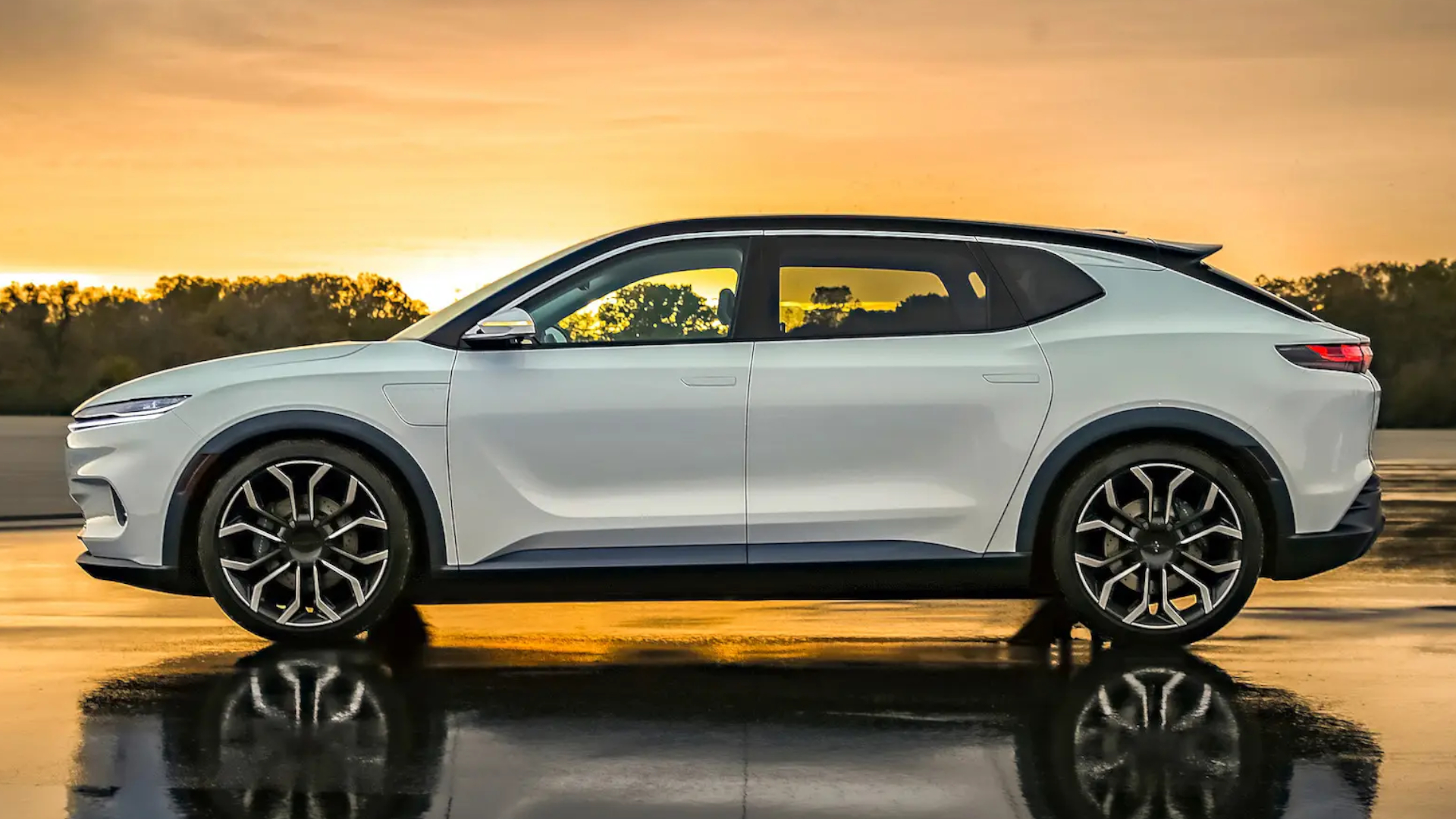

Chrysler has been getting by for a while now, with the brand in dire need of a reboot. The Airflow concept was the car tasked with the job, packing new technology and a fresh look. Now, we’re learning that it’s just been scrapped for an altogether different design.
According to Motor Trend, Chrysler has ripped up its plans for something altogether more modern. The direction came from Chrysler CEO Chris Feuell, according to Stellantis chief design officer Ralph Gilles. “She wanted a statement that had literally zero to do with anything that you have seen today, even the Airflow concept car,” Gilles told Motor Trend, adding “It is evolving in a new direction.”
The Airflow SUV was going to be the harbinger of the electric future when it hit the market sometime around 2025. When it first hit the public eye, it showed some promise. Based on the RU platform underpinning the Pacifica minivan, it boasted a 400-horsepower drivetrain good for an alleged 400 miles of range. It wasn’t particularly wild or groundbreaking, but it looked like a capable restart for Chrysler. By Feuell’s reckoning, though, it just wasn’t quite enough.


Gilles notes that Feuell’s strategy pushed them to try and best their own Airflow design. The chief designer is excited about the possibilities, noting that the new larger crossover design was well-received at customer clinics held in Los Angeles earlier this year. “It blew the doors off,” said Gilles. “We’re pretty stoked about it.”
The new crossover concept is going big, not going home. It uses the STLA Large platform, also expected to underpin Dodge’s upcoming EV muscle car and multiple other SUVs. It’s set to be offered with both 400- and 800-volt battery systems and fast charging to boot. Short and long-range variants will be available, with the latter aiming to achieve up to 400 miles on a single charge.
Advanced technology is also a focus, with Chrysler reportedly exploring the potential to include Level 3 autonomous driving capability. Despite the high tech, Feuell’s ethos is that the car’s systems must be easy to use and accessible nonetheless. And affordable, too—a long-standing pillar of the Chrysler brand.


One thing we do know is that the final production model won’t be sold under the Airflow name. As much as some people love the throwback, the brand has been working up a shortlist of new monikers with professional consultants. Lovers of alphabet soup will be disappointed, though. “We are definitely not going down the alphanumeric path,” said Feuell.
If you’re excited to see the new concept, so are we. Unfortunately, Chrysler is playing its cards close to its chest, and the public won’t get a glimpse until next year. Dealers have been shown a production-intent version, though, to buoy their spirits. They’re currently facing a bizarre situation with just the Pacifica minivan left to sell as the 300 sedan ends production later this year.
Chrysler has plans to come back in a big way, and this crossover is just the start. Feuell notes that the company has multiple new products lined up, leading to a whole new portfolio by 2028. While we don’t have exact details, it’s expected there will be another larger crossover to come in a three-row layout, available as an EV only.
Chrysler’s current offering is slim pickings, to be sure. It’s thus perhaps surprising it would give up on all the work it did on the original Airflow concept to start again from scratch. However, Feuell is aware that the Chrysler brand needed a serious kick in the pants and wanted a more futuristic reboot than the relatively-safe Airflow design. By the sounds of things, we may be getting just that.
Got a tip? Let the author know: lewin@thedrive.com